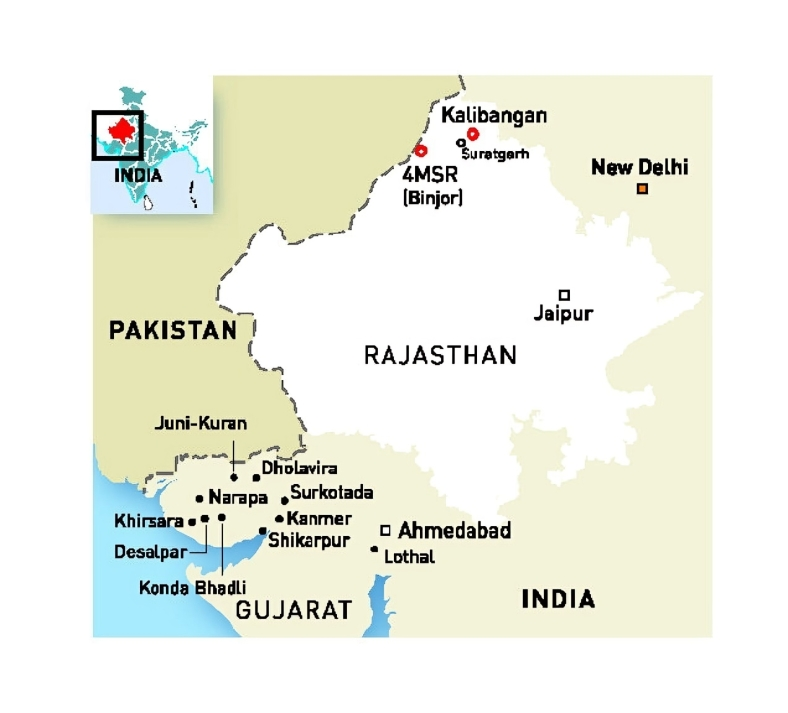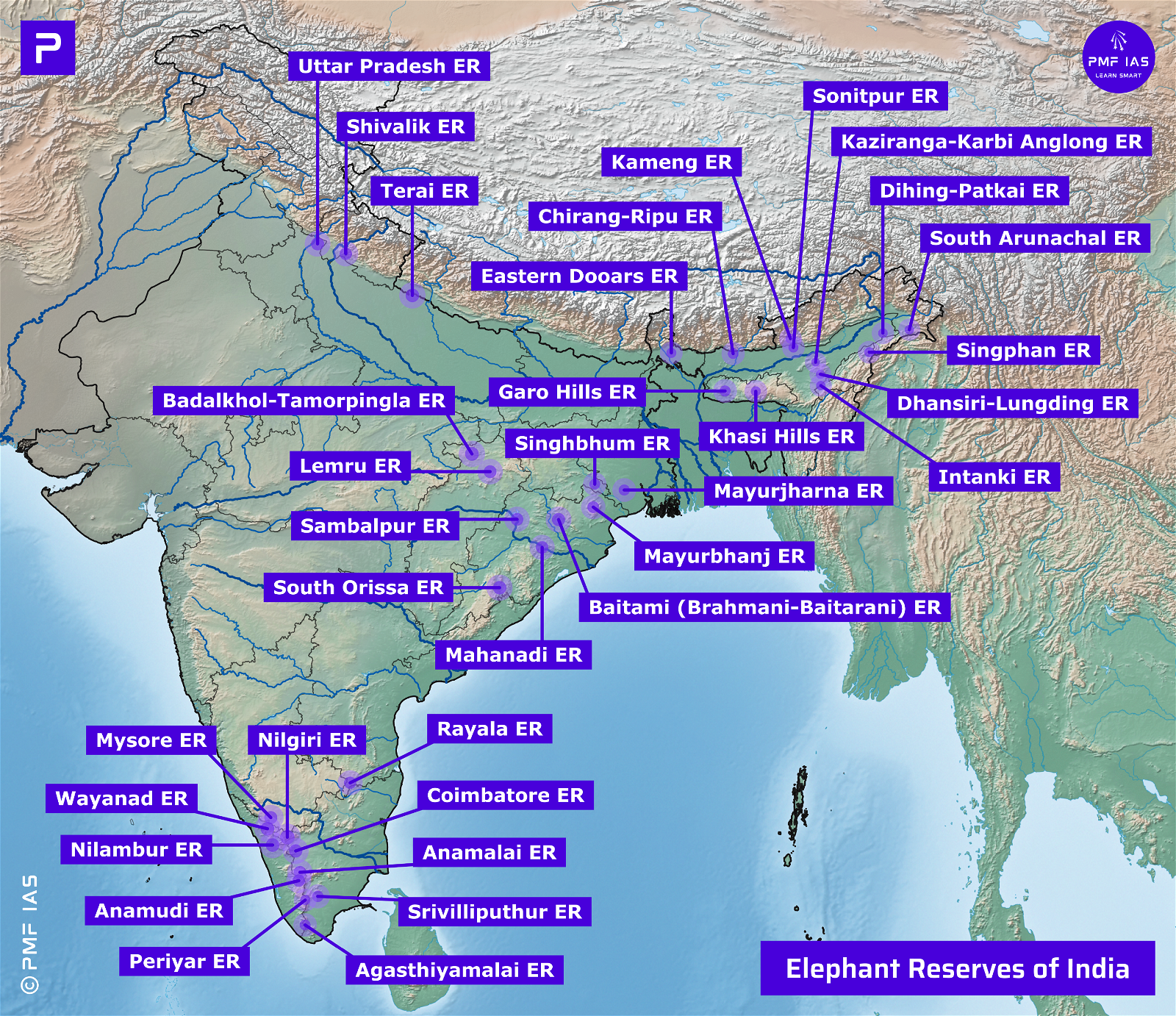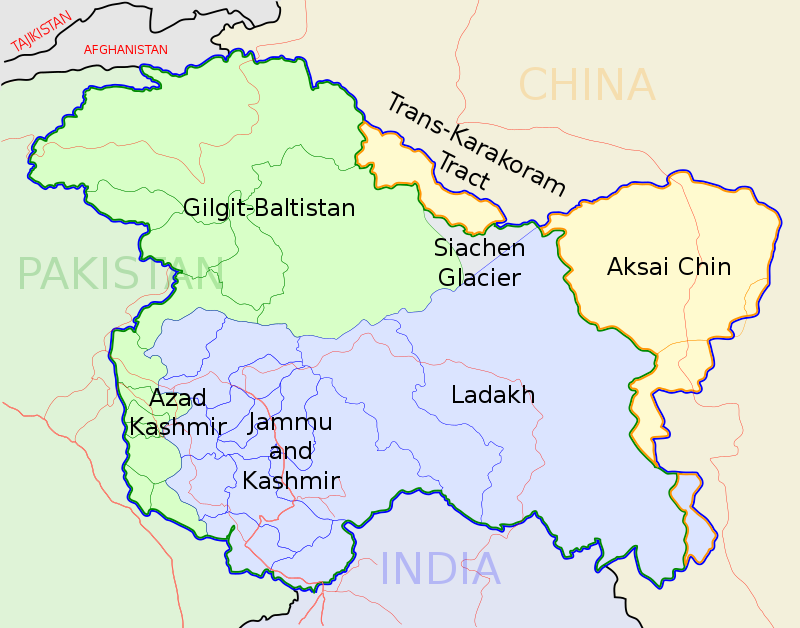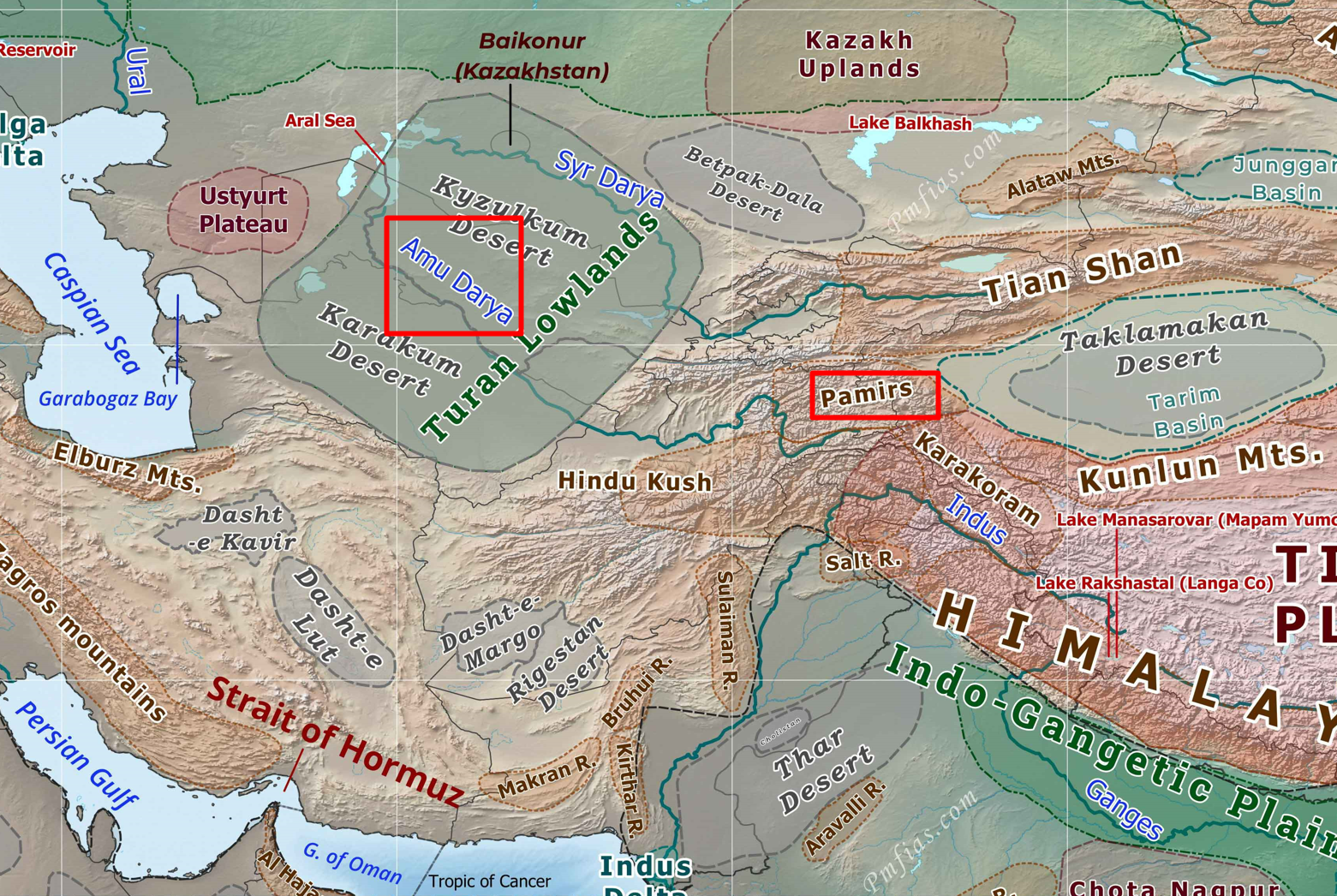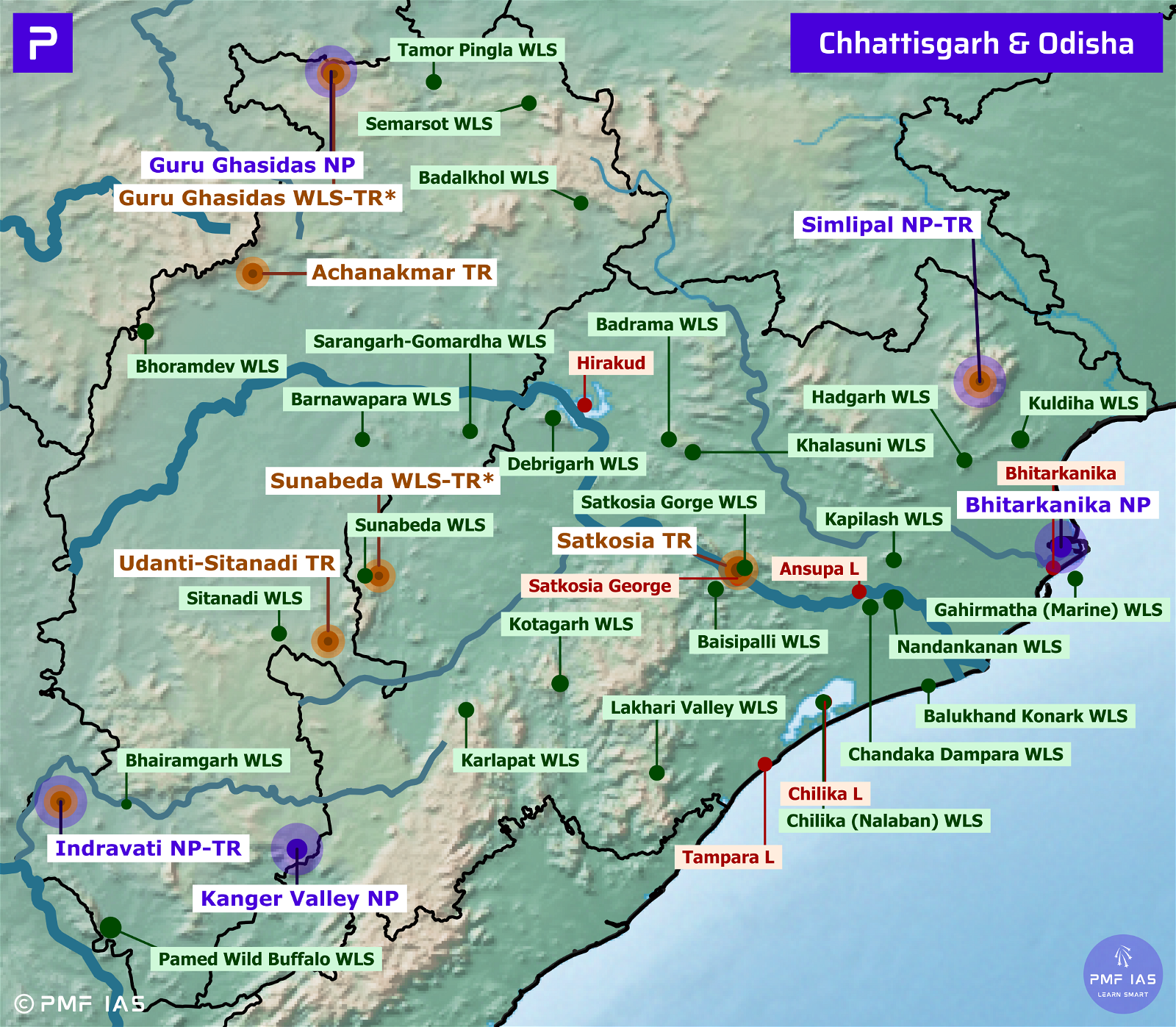
Karpoori Thakur | Bharat Ratna
Subscribe to Never Miss an Important Update! Assured Discounts on New Products!
Must Join PMF IAS Telegram Channel & PMF IAS History Telegram Channel
- Context(PIB I IE I TH I IE I TH): The Centre announced it would award the Bharat Ratna posthumously to Karpoori Thakur, former CM of Bihar.
- 2024 is the birth centenary year of Thakur (Jan 1924-1988), also known as ‘Jannayak’, or the leader of the people.
About Karpoori Thakur
Life and Career
- He was born in village Pitaunjhia (Karpoori Gram), in the Samastipur district of Bihar.
- He was voted in as an MLA in 1952 and remained an MLA till his death in 1988, except when he became an MP in 1977 and when he lost an Assembly election in 1984.
- Thakur was education minister of Bihar from March 5 1967 to January 28, 1968.
- Twice he was Bihar’s CM (December 1970-June 1971 and December 1977-April 1979).
- During his second innings as a CM he could not finish a full term because of the reservation policy he implemented.
- Democracy, debate and discussion were integral to him.
- He participated in the freedom struggle and was jailed (during the Quit India movement in 1942).
- He was part of the anti-Emergency movement along with the other key socialist leader Jayaprakash Narayan.
- He emerged as the tallest backward caste leader in Bihar despite belonging to the minority caste.
- Rise of the leaders he mentored, from numerically stronger castes Lalu Prasad from the Yadavs, Ram Vilas Paswan among Dalits, took away his pole position.
- He is known to have been firmly against dynastic politics.
Major Policy Decisions
- While his policy decisions were polarising, he was respected personally for his clean image.
- He is known for many of his decisions —
- Removing English as compulsory subject for the matriculation examinations;
- Prohibition of alcohol;
- Preferential treatment for unemployed engineers in government contracts,
- A layered Reservation system.
- Promotion of Hindi language in government offices.
- Declaring Urdu as the second official language in Bihar.
- Waiving school fees,
- Strengthening the Panchayati Raj system by holding regular elections.
- As a CM he took many steps for the welfare of senior citizens as well.
Layered Reservation System
-
- Thakur’s life revolved around the twin pillars of simplicity and social justice.
- In June 1970, the Bihar government appointed the Mungeri Lal Commission.
- Commission named 128 “backward” communities, 94 of which were identified as “most backward”.
- The Janata Party government of Thakur implemented the recommendations of the Commission.
- The ‘Karpoori Thakur Formula’ provided 26% reservation (in government services), of which
- OBCs-12% share,
- The economically backward classes among the OBCs-8%,
- Women-3%, and
- The poor from the “upper castes”– 3%.
- This reclassification was seen as a precursor to the Mandal Commission report that recommended 27% reservations for OBCs.
- Thakur faced derogatory and even abusive slogans from the upper castes, directly targeting his caste.
- Politically too, his decision of bringing in the reservation policy has been seen as hasty.
- He included Poors from the Upper Caste much before the GOI came up with the EWS quota.
Social Justice and Social Reform
- Social justice was most dear to Jan Nayak Karpoori Thakurji.
- He belonged to the most backward strata of society but he worked for all the people.
- He practiced “assimilative and inclusive politics”.
- Karpoori thakur and Jay Prakash Narayan of Janata Party launched the iconic ‘Sampoorna Kranti’ movement which aimed at transforming Indian society in a non-violent way.
- He envisioned a society where resources were distributed fairly and everyone, regardless of their social standing, had access to opportunities.
- He wanted to address the systemic inequalities that plagued Indian society.
- Throughout his political career, he worked to improve education facilities for the poor.
- He was a proponent of education in local languages so that people from small towns and villages could climb the ladder and attain success.
Bharat Ratna
- The Bharat Ratna is India’s highest civilian honour, established in 1954.
- The original statute, released in January 1954, did not contain any provision for posthumous awards. The provision for posthumous awards was added in the 1966 statute.
- On the Prime Minister’s suggestion to the President of India, a maximum of three Bharat Ratna awards can be presented each year.
- The awardees are not allowed to use Bharat Ratna as a prefix or suffix to their names, as stated in Article 18(1) of the IC.
|
- There is no formal requirement that the Bharat Ratna be granted solely to Indian nationals.
- This prestigious prize was given to a naturalized Indian citizen, Agnes Gonxha Bojaxhiu, popularly known as Mother Teresa (1980).
- The prize was given to Non-Indians like-
- The first recipients of the Bharat Ratna were Sarvapalli Radhakrishnan, Sir C.V. Raman, and Chakravarti Rajagopalachari in 1954.
- Sachin Tendulkar is the first sportsperson and the youngest recipient of the Bharat Ratna.
Award’s Design
- The recipient of the award receives a Sanad (certificate) signed by the President and a medallion.
- The medallion is cast in Bronze.
- The design of the medallion resembles the leaf of the pipal tree, with a sunburst in the center. The words ‘Bharat Ratna’ are engraved below it.
- The emblem of India is embossed on the back, & ‘Satyameva Jayate’ inscribed in Devanagari script.
- The award does not include any monetary endowment.

Who is Eligible for Bharat Ratna?
- Initially, the Bharat Ratna was only awarded for achievements in literature, science, arts, and public services.
- GoI expanded the criteria in 2011 to include “any field of human endeavor”.
- There is no written rule stating that the Bharat Ratna can only be awarded to Indian citizens.
Controversies Related to Bharat Ratna
- In 1992, Subhash Chandra Bose was posthumously awarded the Bharat Ratna.
- However, due to the lack of concrete evidence regarding his death, his family refused to accept the award.

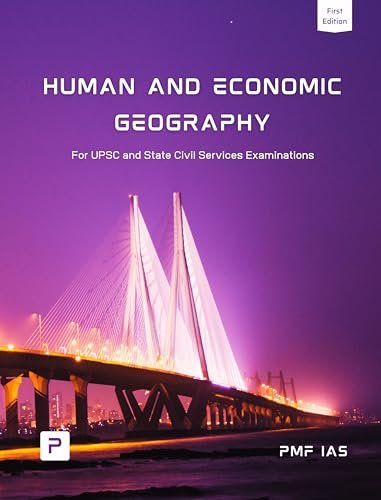



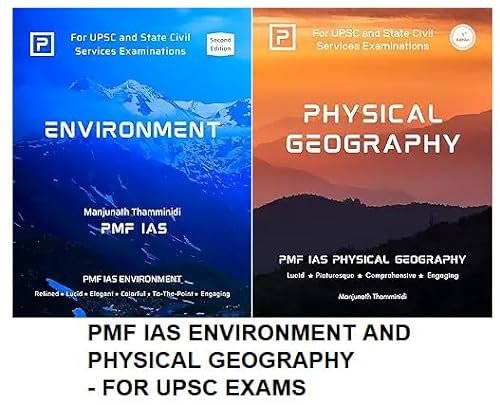

![PMF IAS Environment for UPSC 2022-23 [paperback] PMF IAS [Nov 30, 2021]…](https://pmfias.b-cdn.net/wp-content/uploads/2024/04/pmfiasenvironmentforupsc2022-23paperbackpmfiasnov302021.jpg)

